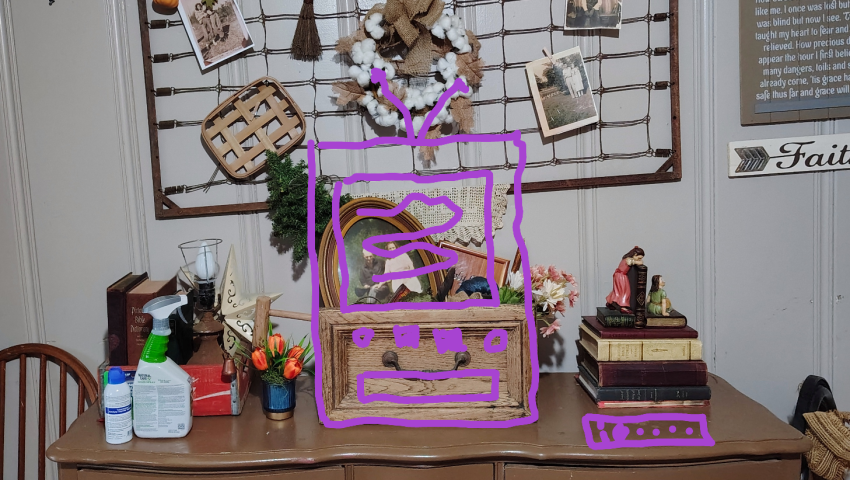| As I write this, I am on the final week of my 3 Months Without T.V., YouTube, or Video Challenge. For the past 3 months, I have deprived myself of, fasted from, limited my exposure to “video content.” So how was it, and what did I learn?
Let’s start with my main objective for this challenge. Previously, after a day of work, I would get home and catch the tail-end of some show with a family member then, before bed, I would “decompress” by watching thirty minutes to an hour of a personally selected show or some amount of YouTube content, often losing some sleep in the process.
These activities locked up several hours of my evening every day and I wanted that time back. My execution was not perfect, but I sucessfully rescued countless hours that I had unwittingly been devoting to the tele-screen each day.
From here I was able to tackle my next objective, have fewer distractions. Distractions would come in many different forms during my challenge some more insidious than others. From commercials to personal choices, throughout my challenge, I allowed for the occasional music video for background noise or how-to video for necessary knowledge, but soon discovered that I was constantly being disrupted. Active televisions would slowly dominating a room. Sucking up all social interactions until the only thing that was being focused on in the room was the light box. Even a silent television was a threat. The alluring visuals would grab my attention at laundry mats, sports bars, or lobbies. Beyond just video content, there were the earworms of radio’s adverts, the attention grabbing marketing of billboards, and the flashy banners on websites to contend with. So many things that vie for our thoughts and attention. So much mental bandwidth that could be reclaimed. I wanted to think and feel for myself instead of having other things determine how I should think or feel at any particular moment.
Something else, when you watch movies and shows and content creators you are watching others pursue their goals instead of working on your own goals. I wanted to get my motivations from myself instead of others. During this time I took up yoga, I worked out, I built and played my own a Morin Khuur, began working a new career, wrote more, read more, developed new friendships, visited new places, slept better. All of these things required time and focus things that regular video consumption could have easily taken from me (it’s worth noting that I gave up social medium many years ago, a topic for another article).
Lastly, it’s worth noting that entertainment cost real money. From the viewing devices, to the subscriptions, to the internet service, to the DVDs, Bluerays, cassettes, CDs, MP3s (all of which I collected in varying capacities), to the tickets, to the T.V. bills. Some people even consider where to live based on the cellular service or connectivity options available. Less entertainment could mean more real savings.
In conclusion, I learned some stuff from this challenge and have decided to keep it going.
Take Aways
1) I sucessfully rescued countless hours that I had unwittingly been devoting to the tele-screen each day.
2) I dealt with fewer distractions and advertisements.
3) I read more, wrote more, and listened to podcasts in place of video content. Formats that offer more room for analytical thinking with fewer tactics for emotional manipulation. (Also, I can do chores and paperwork while listening to podcast and still feel entertained.)
4) I gained experience and motivation from my own work and successes instead of others’.
5) I spent less money on entertainment.
— TBryantS

No links in the comments please.